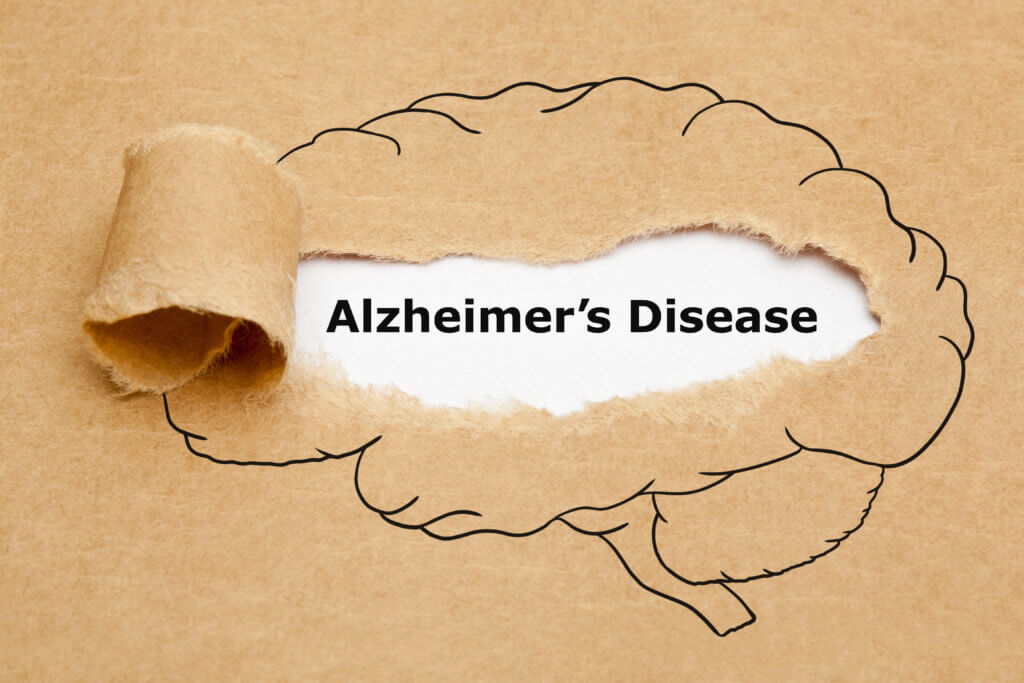A new study finds drugs that treat attention deficit hyperactivity disorder may also help combat Alzheimer’s disease. Researchers from Imperial College London say there’s “good evidence” these noradrenergic drugs could successfully treat keep aspects of Alzheimer’s.
Noradrenergic drugs include antidepressants and medicines to treat high blood pressure and ADHD. These drugs take aim at the neurotransmitter noradrenaline, which is released by a network of specialized noradrenergic neurons.
“This network is critical for arousal and many cognitive processes, including attention, learning, memory, readiness for action, and suppression of inappropriate behaviors,” researchers explain in a statement. “Repurposing of established noradrenergic drugs is most likely to offer effective treatment in Alzheimer’s disease for general cognition and apathy.”
According to researchers, noradrenergic disruption happens early for people suffering from Alzheimer’s disease and contributes to the cognitive and neuropsychiatric symptoms that characterize the condition. This suggests that the noradrenergic system would be a good target for ADHD drug treatment.
For their study, Imperial College London researchers looked for clinical trial published between 1980 and 2021 in which noradrenergic drugs, such as atomoxetine, methylphenidate, and guanfacine, were used to treat cognitive decline and neuropsychiatric symptoms in people with neurodegenerative disease.
Those studies published over 41 years included 19 randomized controlled trials focusing on Alzheimer’s and mild cognitive impairment, involving 1,811 patients. Six of these trials were judged to be “good” quality, seven as “fair,” and six as “poor.”
Researchers took the results of 10 of those 19 trials, which involved 1,300 patients and pooled them for global cognition. “This showed a small, but significant, positive effect of noradrenergic drugs on overall cognition, as measured by the Mini-Mental State Exam or the Alzheimer’s Disease Assessment Scale,” the media release reads.
Researchers then pooled the results of eight clinical trials, involving 425 patients, for behavior and neuropsychiatric symptoms, agitation and apathy. The study found there was a large positive effect of noradrenergic drugs on apathy.
“There is a strong rationale for further, targeted clinical trials of noradrenergic treatments in Alzheimer’s disease,” researchers explained.
The study is published in the Journal of Neurology Neurosurgery and Psychiatry.












